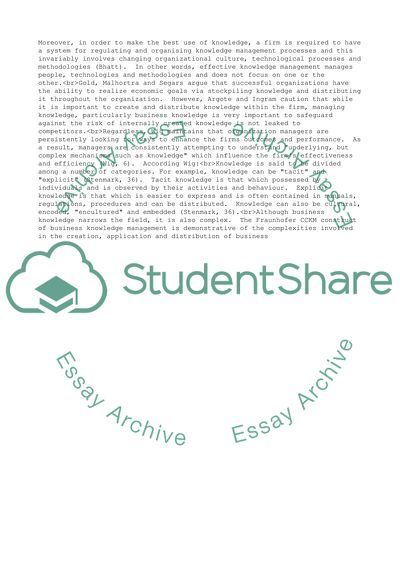Cite this document
(“Application and development of relevant business management knowledge Essay - 2”, n.d.)
Application and development of relevant business management knowledge Essay - 2. Retrieved from https://studentshare.org/business/1623598-application-and-development-of-relevant-business-management-knowledge
Application and development of relevant business management knowledge Essay - 2. Retrieved from https://studentshare.org/business/1623598-application-and-development-of-relevant-business-management-knowledge
(Application and Development of Relevant Business Management Knowledge Essay - 2)
Application and Development of Relevant Business Management Knowledge Essay - 2. https://studentshare.org/business/1623598-application-and-development-of-relevant-business-management-knowledge.
Application and Development of Relevant Business Management Knowledge Essay - 2. https://studentshare.org/business/1623598-application-and-development-of-relevant-business-management-knowledge.
“Application and Development of Relevant Business Management Knowledge Essay - 2”, n.d. https://studentshare.org/business/1623598-application-and-development-of-relevant-business-management-knowledge.


